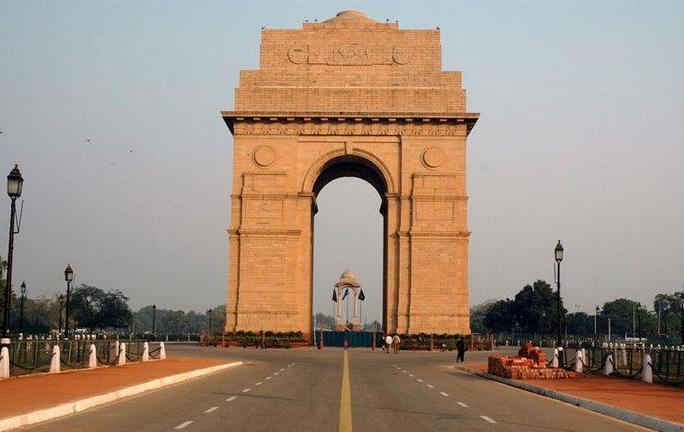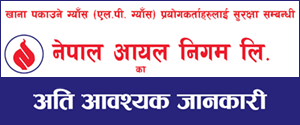7 amendments India wants in Nepal’s constitution

KATHMANDU, Sept 23: Displeased India over the new constitution promulgated following endorsement by an overwhelming majority, has floated seven amendments in the constitution.
Indian Express reported that these amendments were conveyed to top leaders of major parties through Indian Ambassador to Nepal Ranjit Rae. Rae was called to the Indian capital for consultation over political development in Nepal.
Following are the amendments that India wants according to the report:
Article 63 (3) of the Interim Constitution provided electoral constituencies based on population, geography and special characteristics, “and in the case of Madhes on the basis of percentage of population”. Under this provision, Madhes, with more than 50 per cent of the population, got 50 per cent of seats in Parliament. The latter phrase has been omitted in Article 84 of the new constitution.
In Article 21 of the Interim Constitution, it was mentioned that various groups would have “the right to participate in state structures on the basis of principles of proportional inclusion”. In the new Constitution (Article 42), the word “proportional” has been dropped and it should be re-inserted.
Article 283 of the Constitution states that only citizens by descent will be entitled to hold the posts of President, Vice-President, Prime Minister, Chief Justice, Speaker of Parliament, Chairperson of National Assembly, Head of Province, Chief Minister, Speaker of Provincial Assembly and Chief of Security Bodies. This clause is seen as discriminatory for the large number of Madhesis who have acquired citizenship by birth or naturalization.
Article 86 of the new Constitution states that National Assembly will comprise 8 members from each of 7 States and 3 nominated members. Madhesi parties want representation in National Assembly to be based on population of the Provinces.
Article 154 of the Interim Constitution provided for delineation of electoral constituencies every 10 years. This has been increased to 20 years in Article 281 of the new Constitution.
Article 11(6) states that a foreign woman married to a Nepali citizen may acquire naturalized citizenship of Nepal as provided for in a federal law.
Five disputed districts of Kanchanpur, Kailali, Sunsari, Jhapa and Morang: Based on the majority of the population, these districts or parts of them may be included in the neighboring Madhes Provinces.
प्रकाशित मिति: ६ आश्विन २०७२, बुधबार





















